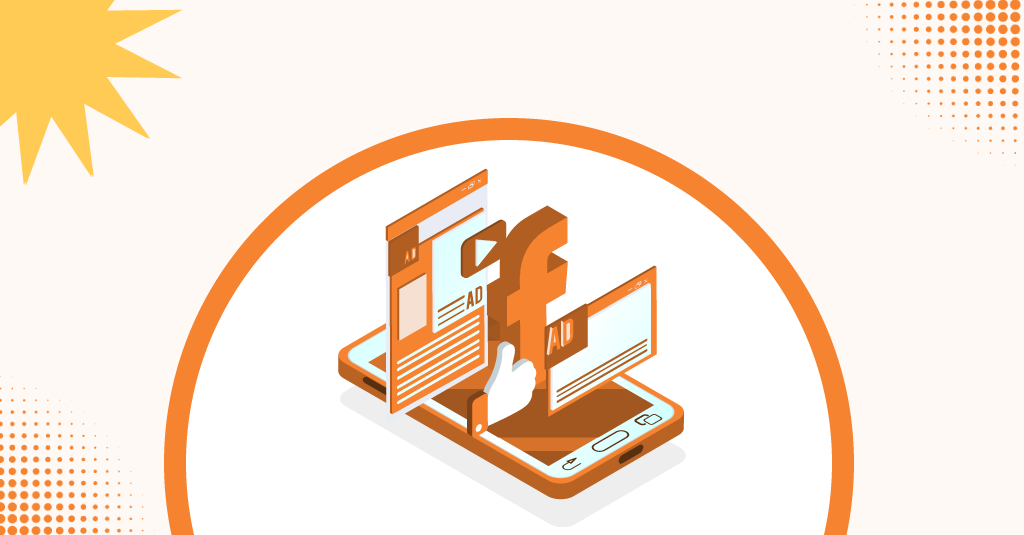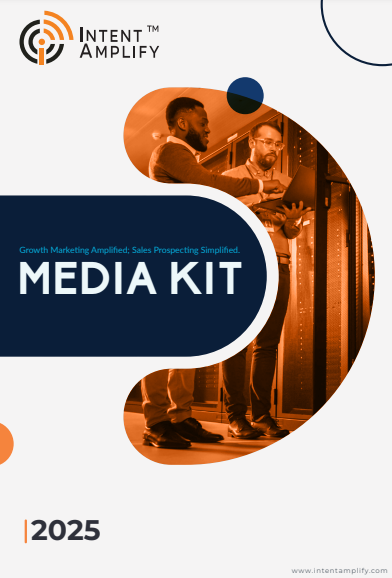
How Facebook Can Be Used by B2B Marketers for Lead Generation
- Last updated on: September 9, 2025
Facebook was long regarded as more of a B2C arena for lifestyle brands, e-commerce retailers, and consumer-facing campaigns. But its expansion and advanced targeting capabilities have also made it the most under-utilized opportunity for B2B marketers alike. With more than three billion daily active users globally, Facebook has an abundance of knowledge to share with professionals, executives, and decision makers beyond just consumers. With impressive reach, advanced targeting, and the ability for community engagement, Facebook is a valuable option for B2B organizations. These organizations are looking for Lead Generation, establishing brand authority, and building client rapport. Even as LinkedIn still maintains seniority as the phase one and number one professional services platform. The way marketers use it, value-first, audience-targeted strategies rather than outright sales promotions, makes the difference.
Why Facebook Stands Apart in B2B Marketing
Unlike LinkedIn, which focuses on professional updates and job titles, Facebook connects people based on their hobbies, groups, and habits. This means that B2B marketers can communicate with decision-makers not only in their professional role, but also when they are more open-minded and informal.
For instance:
- A SaaS entrepreneur might scan a Facebook Group for business owners seeking productivity software recommended by their peers.
- A CFO might follow a finance automation page to stay abreast of cost-optimization insights.
- A CISO might participate in a cybersecurity community to share thoughts about emerging threats and vendor solutions.
These informal but highly active settings can become productive ground for the discovery of buyer pain points, feedback, and the generation of relevant conversations, long before prospects visit a company’s website.
Facebook’s Audience and Why It Matters for B2B
One of the most prevalent myths is that Facebook has no relevance for B2B. Facts, though, tell a different story. Based on HubSpot Stats, 74% of individuals claim they use Facebook for work-related purposes, such as networking and researching solutions. Decision-makers, particularly in verticals like SaaS, IT, and fintech, frequently consume thought leadership content, event invitations, and peer reviews on Facebook. For marketers, Facebook presents two distinct strengths:
Deep Behavioral Targeting
Unlike LinkedIn’s basic ability to use job titles to target users, Facebook Ads allow marketers to also take advantage of interest, demographic, and behavioral targeting to promote a product or service. Marketers can target, for example, “CIOs in North America that are interested in AI-based automation tools,” or “Finance managers that liked pages with content about fintech.”
Facebook Groups are specialized communities where business professionals share experiences, problems, and recommendations. Rather than pursuing cold prospects, marketers can engage in active conversations with interest-expressed prospects.
This synergy makes Facebook an effective lead-generation platform for B2B companies offering high-ticket solutions where trust and education are important.
Creating a Facebook Lead Generation Strategy
1. Target the Right Groups and Communities
Not all groups will be worth your time. Target industry-specific and problem-based groups. For instance:
SaaS businesses can participate in groups such as “SaaS Growth Hacks” or “Remote Productivity Tools.”
Fintech businesses can interact with “Digital Banking & Payments Professionals.”
Cybersecurity solutions providers might benefit from discussions within “CISO Connect” or “InfoSec Professionals Network.”
As with Reddit, the key is to observe before engaging. Spend time learning the tone, culture, and recurring themes in the group before contributing.
2. Build Trust Through Value-First Content
Facebook users are quick to dismiss brands that push sales-heavy messaging. Instead, lead with insights. Share guides, explanatory blogs, or short video insights that address the specific pain areas under discussion.
For example, if someone in a group asks, “What is the best method of automating lead scoring for mid-market SaaS?” a B2B marketing automation software may respond with step-by-step instructions, possibly accompanied by a link to a relevant blog or case study.
Over time, this method positions the brand as a useful partner rather than a seller actively hunting leads.
3. Use Facebook Lead Ads for Smooth Conversions
Among Facebook’s strongest B2B tools is Lead Ads, which enables prospects to complete forms within the app without ever leaving it. This seamless experience dramatically increases conversion rates over sending users to an outside landing page.
B2B marketers tend to utilize Lead Ads to drive gated assets like Research reports, ROI calculators, Whitepapers, and Exclusive webinar invitations. This thing, coupled with targeted targeting, can bring qualified leads at a lower cost compared to standard LinkedIn campaigns.
4. Retargeting to Nurture Warm Leads
Facebook retargeting enables brands to reconnect with leads who visited their site, interacted with older content, or watched video ads. For B2B organizations with extended sales cycles, retargeting keeps your brand front of mind until the customer is ready to buy.
For instance, a fintech business could retarget leads who downloaded a payments automation whitepaper with a webinar invitation featuring real-life case studies.
5. Social Listening and Competitor Intelligence
Facebook is not only about direct interaction, it’s also a social listening goldmine. Through tracking competitor pages, group discussions, and trending content, marketers are able to gain insight into customer pain areas and achieve early insight into purchasing behaviors.
These learnings can then influence messaging, sales playbooks, and product roadmaps. For example, if several finance leaders in a community are upset about compliance tools, a regtech business can create content and campaigns that specifically tackle those gaps.
Challenges and Best Practices for Facebook in B2B
Although Facebook is strong, success demands working with its distinct culture and limitations:
- Avoid Over-Selling: Content that comes off as too promotional will likely get ignored or flagged in communities.
- Respect Group Regulations: Moderators are stern; always review the posting rules.
- Be Consistent: B2B lead generation on Facebook is not a single-time ad affair; it’s about establishing a continuous presence.
- Measure ROI: Employ tracking pixels, UTM parameters, and CRM integrations to attribute Facebook traffic to pipeline metrics.
Facebook does not necessarily fit the mold of a classic B2B force, but times have changed in 2025. Its mix of scale, targeted marketing, and conversation-driven communities positions it as a serious contender for lead generation with LinkedIn.
Successful brands are those that honor the dynamics of the platform: they listen before they talk, provide value consistently, and leverage Facebook tools strategically. For B2B marketers who take the time and effort, Facebook can be more than a social networking site. It can be a sustainable pipeline engine.
FAQs
Why should B2B marketers use Facebook for lead generation?
Because it integrates enormous scale with sophisticated targeting, enabling you to reach decision-makers professionally and personally.
Which sectors gain the most from B2B Facebook marketing?
SaaS, fintech, IT, and cybersecurity sectors have very active communities and lengthy sales cycles.
Are Facebook Lead Ads good for B2B?
Yes. They provide frictionless form fills within-platform, commonly reducing cost per lead vs. LinkedIn.
How do I promote my brand on Facebook Groups?
Share insights, respond to questions, and post resources naturally before pointing to your solutions.
What is the largest challenge for Facebook B2B marketing?
Combatting noise without losing authenticity. Being consistent, having quality content, and building trust are essential.



